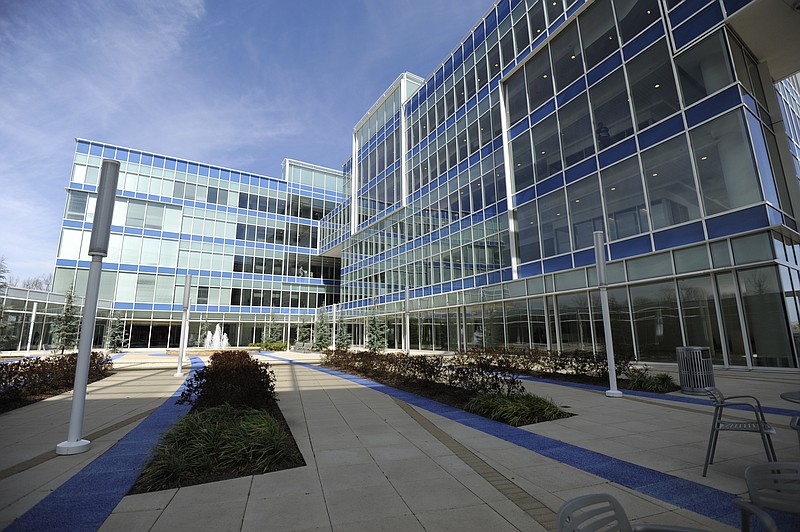Competition and choices among health insurance plans have lessened in the past five years in most U.S. cities, but not in Chattanooga, according to a new study of health care options by the American Medical Association.
In its annual review of commercial health insurance options, the AMA said nearly three fourths of all metro markets have what federal regulators regard as a highly concentrated market where one or two health insurers dominate the commercial market for health care coverage.
Between 2014 and 2019, the share of markets that were highly concentrated in commercial health insurance increased from 71% to 74%. The results were based upon using the Herfindahl-Hirschman Index (HHI) of market concentration often used in anti-trust actions.
"For many of the 70 million Americans who live in highly concentrated health insurance markets, a lack of competition is a problem that keeps getting worse as consumers have more limited health insurance options to choose," said AMA President Susan R. Bailey. "The AMA strongly encourages dialogue among regulators, policymakers, lawmakers, and others about the need for a better, more open and competitive marketplace to benefit patients and the physicians who care for them."
(Interested in more health care news? Join our Facebook group here)
In Tennessee, the commercial insurance market is regarded as highly concentrated with BlueCross BlueShield of Tennessee controlling 52% of the commercial health insurance market and Cigna providing another 30% of the market.
Alabama is the least competitive market in the country of all states, the AMA study found. Alabama's Blue Cross and Blue Shield company dominates the market with an 86% market share,
The market is less concentrated in Georgia with Anthem, which operates Blue Cross plans in Georgia, having 34% of the market and Aetna having another 30%.
Although Chattanooga is home to the biggest health insurer in Tennessee, BlueCross BlueShield of Tennessee, the Chattanooga market was among the one fourth of U.S. cities without a "highly concentrated" market for health insurance in 2019. The AMA study showed that BlueCross had 40% of the market in 2019, down from 44% the previous year, and Cigna had a 19% market share of the business, down from 26% the previous year. Chattanooga's HHI score of 2457 was just below the 2500 mark for being considered highly concentrated.
Among the 10 major markets in Tennessee included in the AMA study, only Chattanooga and Clarksville were not considered highly concentrated.
Most concentrated insurance markets
1. Alabama - Blue Cross has 86% of the market 2. Hawaii - Blue Cross has 66% of the market 3. Michigan - Blue Cross has 67% of the market 4. Delaware - Highmarket has 64% of the market 5. South Carolina - BlueCross has 64% of the marketSource: American Medical Association
The health insurance market is highly concentrated, however, in Cleveland, Tennessee where 51% of the commercial health insurance is purchased by BlueCross and another 25% is bought from Cigna. In Dalton, Georgia, Anthem, which operates Blue Cross plans in Georgia, has a 39% market share and Cigna has 35% of the commercial insurance market.
In a 67-page analysis of health insurance markets released this week, Jose Guardado, senior economist for the AMA's Economic and Health Policy Research division, said highly concentrated markets lessen competition and allow insurers to be in a stronger position to raise premiums for consumers and cut payments to providers.
"When an insurer exercises market power in its output market (the sale of insurance coverage), premiums are higher than in a competitive market," Guardado writes. "When an insurer exercises market power in its input market (e.g. physician services), payments to health care providers are below competitive levels."
Contact Dave Flessner at dflessner@timesfreepress.com or at 423-757-6340
